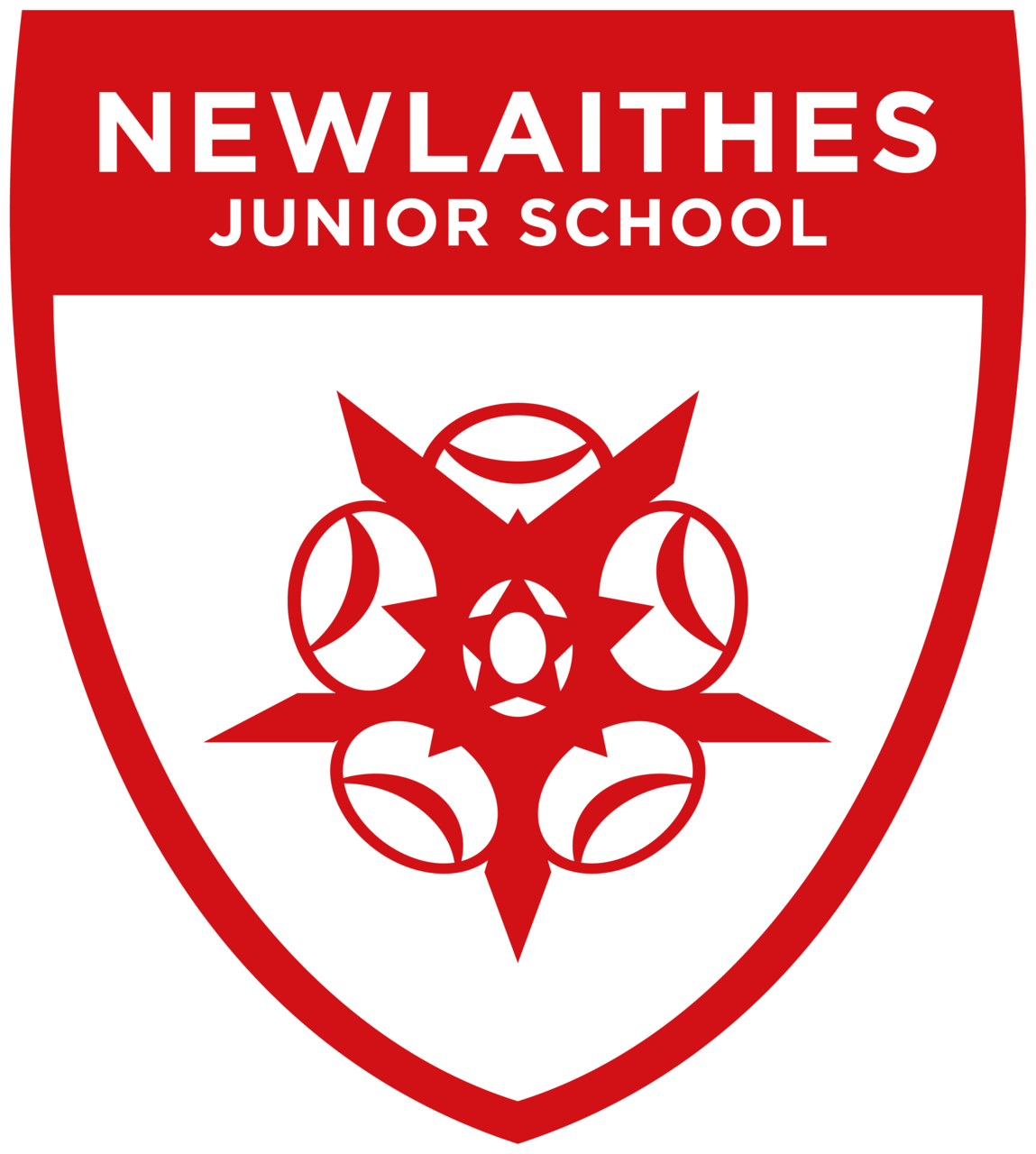Maths
Intent
We aim to equip pupils with the tools to understand Maths. These tools include reasoning, problem solving and the ability to think in abstract ways. Mathematics is integral to all aspects of life; with this in mind, we strive to ensure that our children develop a healthy and enthusiastic attitude towards mathematics that will stay with them and support them in the next stage of their education and beyond. At each stage of learning, children are actively supported to reach their full potential as mathematicians.
The national curriculum for mathematics aims to ensure that all pupils:
- Become fluent in the fundamentals of mathematics,
including through varied and frequent practice with increasingly complex problems over time, so that pupils develop conceptual understanding and the ability to recall and apply knowledge rapidly and accurately.
- Reason mathematically by following a line of enqiry, conjecturing relationships and generalisations, and developing an argument, justification or proof using mathematical language.
- Can solve problems by applying their mathematics to a variety of rotine and non-routine problems with increasing sophistication, including breaking down problems into a series of simpler steps and persevering in seeking solutions.
Implementation
Daily maths sessions are based on a specific area of the new curriculum incorporating the ‘5 Big Ideas’ of maths mastery approach as much as possible with extra focus on fluency, reasoning and problem solving. In order to ensure consistency and progression, the school follows the White Rose Scheme and is supplemented with other mastery resources such as Maths No Problem and various tools from the NCETM. This approach is supported by the school’s ongoing engagement with the DfE funded Maths Hub Mastery programme which helps to ensure that staff at all levels understand the pedagogy of the approach.

In our mathematics curriculum, we teach mathematical topics in a structured manner to help students master the subject and deepen their understanding. Effective mathematics learning often requires a specific sequence of concepts, such as understanding place value before moving on to addition and subtraction. As a result, we prioritise number skills and carefully order them throughout our curriculum. While the order of certain topics is crucial, like the need to establish a strong foundation in numbers before diving into other mathematical operations, there are other areas, such as geometry and statistics, which don't depend on each other and can be introduced in a more flexible sequence. To provide a well-rounded learning experience, we mix various mathematical topics within each term and year, ensuring that students have a diverse range of mathematical experiences.
Children in years 4 and 5 are taking part in the Mastering Number Programme for Key Stage Two which has been introduced in September 2023. The aim of the programme is to develop automaticity in multiplication and division facts through regular practice. This is usually implemented as an additional 10-15 minutes each day in addition to the maths lesson.
New concepts are shared within real-life contexts and teachers use careful questioning to draw out children’s discussion and their reasoning. The class teacher then leads children through strategies for solving the problem using the CPA approach.
Concrete – Concrete is the “doing” stage, using concrete objects to model problems brings concepts to life by allowing children to experience and handle physical objects themselves.
Pictorial – Pictorial is the “seeing” stage, using representations of the objects to model problems. This stage encourages children to make a mental connection between the physical object and abstract levels of understanding by drawing or looking at pictures, circles, diagrams or models which represent the objects in the problem.
Abstract – Abstract is the “symbolic” stage, where children are able to use abstract symbols to model problems. With the foundations firmly laid, children can move to an abstract approach using numbers and key concepts with confidence.
Pupils start by manipulating objects, then use a range of pictorial representations and progress towards the abstract. Partner and independent work provide the means for all children to develop their fluency further, progressing to more complex related problems.
Confidence and fluency in key instant recall facts (KIRFS) are developed in all year groups, both at school and for home learning, using online learning programmes such as TTRockstars and TopMarks.
Impact

